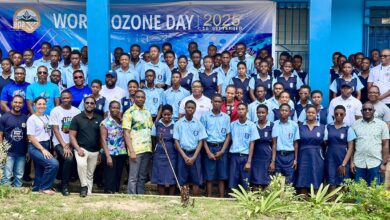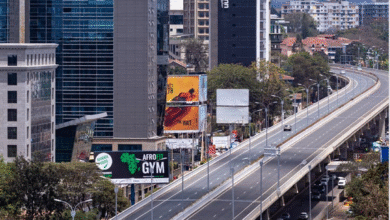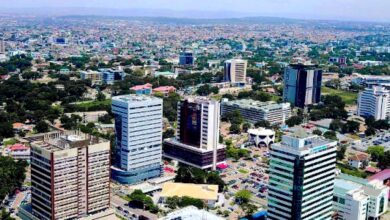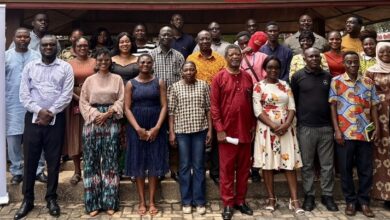UNDP, others build capacity of fire volunteers
WILDFIRE has been identified as a potent threat to forest conservation around the world. This does not only destroy critical ecosystems but also has a devastating impact on livelihoods and properties.
Wildfire is also considered a driver of climate change through the emission of greenhouse gases into the atmosphere.
In Ghana, wildfires have destroyed farms, wildlife and threaten food security and human survival, especially in the Northern Savannah areas. Human activities such as hunting, palm wine tapping, charcoal production, among others have been identified as some of the major causes of forests fires in Ghana.
Improved capacity to prevent and manage these fires have been identified to be critical in efforts towards protecting Ghana’s forests.
As a result, the United Nations Development Programme (UNDP) in partnership with the Ghana Forestry Commission and the Ghana National Fire Service is building the capacity of fire volunteers and other relevant institutions to effectively manage wildfires in identified hotspots in Ghana.
The training is under the ‘SDG Partnership for Sustainable Forestry in Ghana’ initiative,funded by the Government of the Republic of Korea, through the UNDP Seoul Policy Centre.
“We have been learning important lessons on wildfire management from South Korea, which have been very effective in preventing and managing these fires for several decades now. So, this training provided a platform for us to share such knowledge to frontline firefighters at the local level to enhance their capacity to be able to protect our forests and the environment from wildfires’’, noted Kingsley Bekoe Ansah, a Programme Coordinator at UNDP Ghana.
The training is to improve the capacity of fire volunteers, personnel from Ghana National Fire Service, officials from the National Disaster Management Organization (NADMO), Forestry Commission and the Metropolitan, Municipal and District Assemblies (MMDAs) from Volta, Eastern, Ashanti, Savannah, Bono East, and Ahafo, Regions of Ghana.
Thomas Tagoe, a Fire Officer at Nkoranza North Municipality in the Bono East Region described the training as an insightful one that will influence their techniques in combating wildfires.
“A lot has been learnt from this training and from here I am also going to pass on this information to my colleagues in the office so that we can become more effective in fire management”, Mr. Tagoe noted.
Participants underscored the importance of such capacity building exercise and called for the training to be extended to more stakeholders and also to be undertaken on regular basis to create more awareness and build synergies towards effective wildfire management.
“The training has provided me with useful information that I think needs to get down to the grassroots level. I will be sharing the knowledge with farmers from my districts so that they can help us in curbing these wildfires’’, stated Elizabeth Senanu, a NADMO Official at the Offinso Municipality.
The training, which saw more than 180 participants from 16 districts taken through topics such as fire causes, fire behavior, wildfire prevention, pre-suppression and tactical firefighting techniques ended with a call for a stronger collaboration among key actors at the local level to prevent wildfires and protect the forests for people and the planet.
The facilitators at the training included Mr. Richard Kuutah Ninnoni, Manager in charge of environmental conservation at the Resource Management Support Centre of the Forestry Commission, Jerry Bruce, Assistant Chief Fire Officer at Ghana National Fire Service, Mr. Benjamin Torgbor, Manager at the Forestry Commission and Mr. Kingsley Bekoe Ansah, the Project Focal Person at UNDP Ghana.




